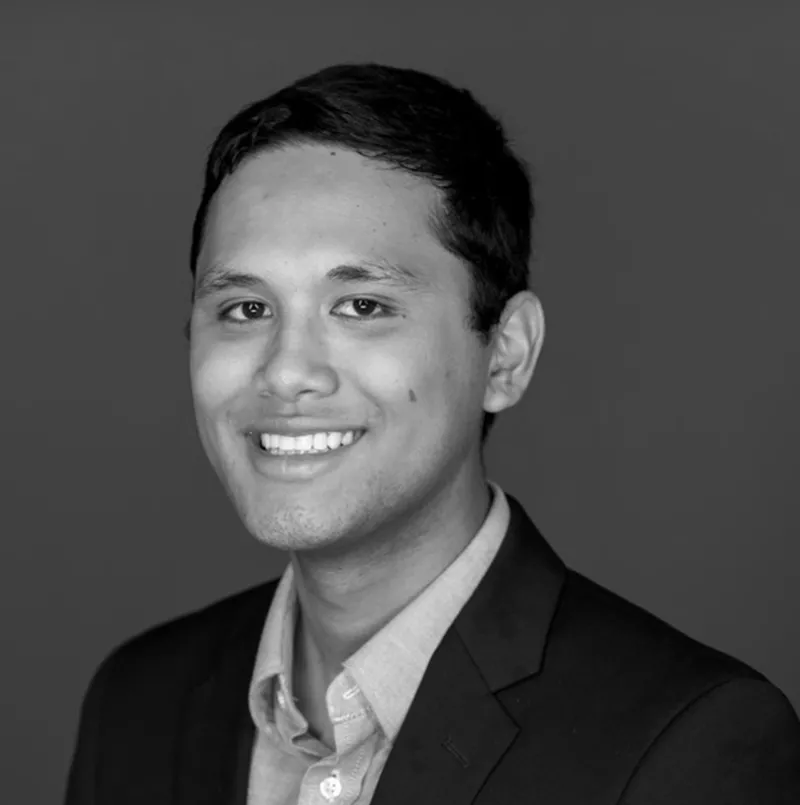
Juan Alejandro Olarte-Cortes graduated from the School of Liberal Arts in 2021 after double majoring in Communication and Political Science, with a Strategy, Leadership & Analytics Minor (SLAM). While in college, he held the role of Service Learning Assistant at the Tulane University Center for Public Service and functioned as a liaison between the university and New Orleans community organizations. Upon graduation, he was honored with the Glendy Burke Medal from the Department of Communication. Juan grew up as part of a foreign service family and lived in several Latin American countries, which fueled his interest in politics and media. After interning for CNN in Atlanta, he is now an Associate Producer for CNN en Español.
How did growing up in Latin America influence your studies at Tulane, and what you chose to do after graduating?
Growing up in Panamá shaped my personal interests as well as my professional aspirations. I wanted to better understand political systems in general, as well as how they operate, in order to make sense of the politics of our region. Tulane has a very robust Political Science Department, and I knew it would give me the tools needed to make sense of the past, present, and future of an area of the world close to my heart. I chose communication because it also goes hand in hand with my current interests, and in fact overlaps with political science. Several politicians throughout history have used charisma and certain ideologies to share specific messages that have gone on to alter the history of Latin American countries, for better or for worse. Communication focuses on the human element behind political systems, and is able to explain how many people play the game of politics.
"My true underlying passion and motivation, however, is storytelling." Could you elaborate a little more on this? How did you find your passion for storytelling?
I’ve always loved talking to people and hearing about their lives. It’s not something that always came naturally to me, but as the years went by, I realized the power of listening to what others have to say. Stories are important. Stories change the world. As a journalist, it’s imperative to the job. I firmly believe that storytelling is one of the most powerful tools we will always have to fight against injustice. It's the reason that throughout history, even up until now, many have tried to silence journalists and other people who try to shine a light on things that people would like to keep hidden. I’ve been lucky enough to learn from great journalists in my current place of work, which has been very humbling. The core of what I do always goes back to why I do it. Stories shine a light in the darkness, and my greatest privilege as a journalist is to be privy to the narratives that people choose to share with me.
What is one of the most interesting stories you've worked on?
There have been several, but one that has stayed with me has to do with the recent expulsion of 222 political prisoners by the Nicaraguan government to the U.S. Witnessing the reunions of several former prisoners with family members and friends—many for the first time in years—reminded me of the importance of journalism. People can sometimes view the news and current events as impersonal, but the reality is this is never true. Real lives and real people are always in the mix.
For current college students, could you speak a bit more about your path from graduation to today? What advice do you have for those trying to figure out what to do after Tulane?
If I could go back and speak to myself when I was a senior, I would tell myself that everything works out. I actually graduated without a job lined up, and I would tell seniors who think that that might be their case that it’s going to be ok.
Bet on yourself, trust in everything you have learned at Tulane and trust that when the right door opens up, you’ll be ready to walk through it. In the meantime, nurture your connections, and don’t forget to take advantage of your college experience, and New Orleans. You will miss it once you’re done.

